Notes on Leo
Leo was not always a lion. The Mesopotamians called the constellation Humbaba the Giant, protector of the cedar forest. Guardian of the wilds, he is slain by Gilgamesh of the city. Nature is brought to heel; Humbaba is the raw natural power, put in its place by the hubris of Man. But Humbaba wins in the end. Gilgamesh, only human, succumbs to death, despite his desperate pleas for immortality. Humbaba is remembered forever in the stars. Nature’s power is constant. Man only borrows.
***
Leo is power. The Sun burns hottest in Leo, in August. The Egyptians worshiped the constellation. Its rise harkened the flood of the Nile, the lifeblood of civilization itself. The Egyptians knew Leo not as a lion, but as the Sickle, the harbinger of the new agricultural cycle. The guardian of the cedars, the flood of the world’s largest river. Leo is power. Raw, hungry power.
***
According to the Gnostic tradition, the demiurge is a demonic deity, with the body of a snake and the face of a lion. He has made the universe in his own profane image, and he traps pure souls into imperfect physical bodies. Leo is bound to the physical, the embodied. When the lion roars, it roars with both pain and pleasure. Our physicality, the needs of our imperfect bodies, results in insatiable hunger. And there is nothing more powerful than hunger— almost.
***
Heracle’s first task is to slay the Lion. The Lion terrorizes Nemea, hunting its citizens and kidnapping its women. The Lion is made of gold, invulnerable to arrows, and has an insatiable appetite. The Greeks had a notion, articulated by Plato in his Republic, that the base appetites— for food, for sex, for pleasure— must be ruled and regulated. To let them run wild is to risk the soul. Thus, the only way for Heracles to kill the lion is by smothering it; unable to tame it, he chokes it to death. Nature is not only in the rivers and the forests, the mountains and the deserts. Nature is within us all, it pulls us toward what quenches our thirst, pointing our noses toward the smell of fresh blood, of clean water. The instinct is wild, consuming, insatiable. By killing his appetites, Heracles becomes a god. He severs himself from nature, and ascends to Olympus. Not so for the rest of us mortals.
***
Nature must be ruled— so must the people. The kings justified their divine right by proclaiming order holy and chaos profane. By declaring hierarchy holy and anarchy profane. Leo is the King of the Jungle. The Lion rules the savannah from the “top” of a food chain. It consolidates its brute power over weaker creatures. And what is a political system but a food chain, a system designed to funnel food into the mouths of the powerful? Monarchs, dictators, and fascists alike have all taken the Lion as their symbol. Might is right.
The Lion, too, is a symbol of dignity. He is rightfully atop the food chain, it is natural for him to be there. He has been selected by nature. He is divinely appointed.
And the lion is mighty, but it is not almighty. What the kings don't want us to know is that they, too, can die. Aesop tells us of a Mouse captured by a Lion— Mouse squeals and squeals, begging Lion to set her free. “I will repay you,” she promises, and the Lion, amused, lets her go. The next day, the Lion is trapped in a hunter’s net. The little mouse gnaws the net and sets the Lion free. Power is power— so is Mercy. No one is all powerful— the wise leave some meals uneaten.
***
Lions had reached the Han dynasty at the turn of the millennium, a gift to the Imperial Court from friendly nations along the silk road. By the time they entered China, the lion had already become an emblem of the Bodhisattva. These deities are holy beings who choose to stay on Earth in spite of its pain— they choose to stay embodied in order to help the wretched. Flamboyant lion dances in Southern China bring good luck. Lions, in pairs, now guard the entrances to palaces, government buildings, cemeteries, and the homes of the wealthy. They protect the mortal from evil spirits. They flank the entrance to the New York Public Library on 5th Avenue. Here, Leo is not the destructive base nature, but rather, the defender of enlightenment. Perhaps the solution is not to destroy our hungers, as Heracles did. Perhaps we can tame them— and have them stand as guardians of the soul.
***
This is the image of strength, the eighth arcanum in the Tarot. The Lion, the passions, the hunger, the power tamed by the Virgin, the self-possessed, the gentle, the soft.
***
The affliction of the Cowardly Lion is that he describes himself as such. Of course he is courageous; he joins a band of vagabonds to overturn the powers that be, he saves Dorothy from the clutches of the Wicked. He is strong, frightening— lions… oh my! He is cowardly only in word, never in deed. And this is because of the lion’s nature: the inevitable power bestowed on us by the fire of the sun, the energy that courses through our veins for all our lives. The same power that causes the Nile to flood. This power is in all of us, whether we say so or not. The coward only needs the compassion of a young and windblown Dorothy to recognize his own strength.
The lion depends on the meek— it cannot exist without the lamb. Brute strength can only move one so far, and depends on fuel to sustain itself. The Virgin, who is chaste, who denies the appetites (consciously or not) depends on a different type of power. Dorothy derives her authority from her innocence, from the fact that she is young enough to be free from overwhelming desire, save the need to be home. She is a witness to power, but not bound up in it, and can see the world from a more objective vantage point. This is why she is the biggest threat to Oz. This is why the Romans employed the Vestal Virgins as arbiters of justice— the hungriest empire in the world depended on the insight of the chaste. This is why the ancients placed the Virgin after Leo in the sky— the raw energy of the sun directed by the neutral, innocent observer.
***
And then there is the problem of Daniel, who was thrown to the lions by King Darius. The lions in the den are the earthly power of the king. Daniel, the faithful, serves no mortal man, but the higher power.
God rescues and he saves; he performs signs and wonders in the heavens and on the earth. He has rescued Daniel from the power of the lions.
But the story doesn’t end there. The king’s advisors are then thrown to the lions, and are consumed. The lions are not impotent in the face of God— they are his servants. Power is not profane, evil, or wrong. It is a tool, which can be used well or poorly. The Bodhisattvas come back as lions because they need power to help the people of the earth. Remember that every Egyptian, mighty and meek, depended on the flooding of the Nile. Remember, too, that the capacity for hunger is not a weakness, but a strength— it is hunger that protects the woodlands, cedars sharing nutrients beneath the forest floor to survive. Lao Tzu knew that feeding the people meant controlling the kingdom. Sustenance, hunger. Leo. The source of signs and wonders in the heavens and on the earth.
Tuesday — Full Moon in Aquarius
We’re always overflowing with energy. Most of the time, we compartmentalize this energy, or ignore it, or conserve it so that it doesn’t overwhelm us. But tonight is an opportunity to lift the floodgates. Aquarius wants us to know this energy, it wants to take stock of our potential, but it can only do this if we allow ourselves to fully release every now and then. Tonight could be one of those nights. How can you release? Is it dancing? Having a good cry? Taking a long drive?
xoxo,
Seany


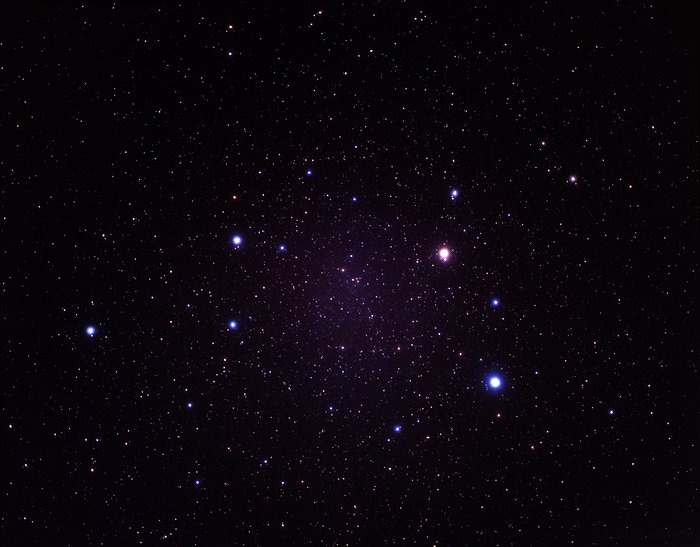
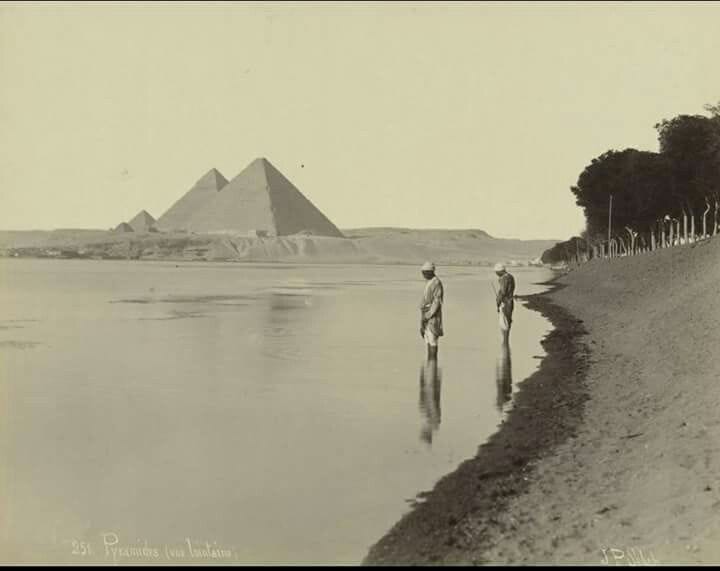
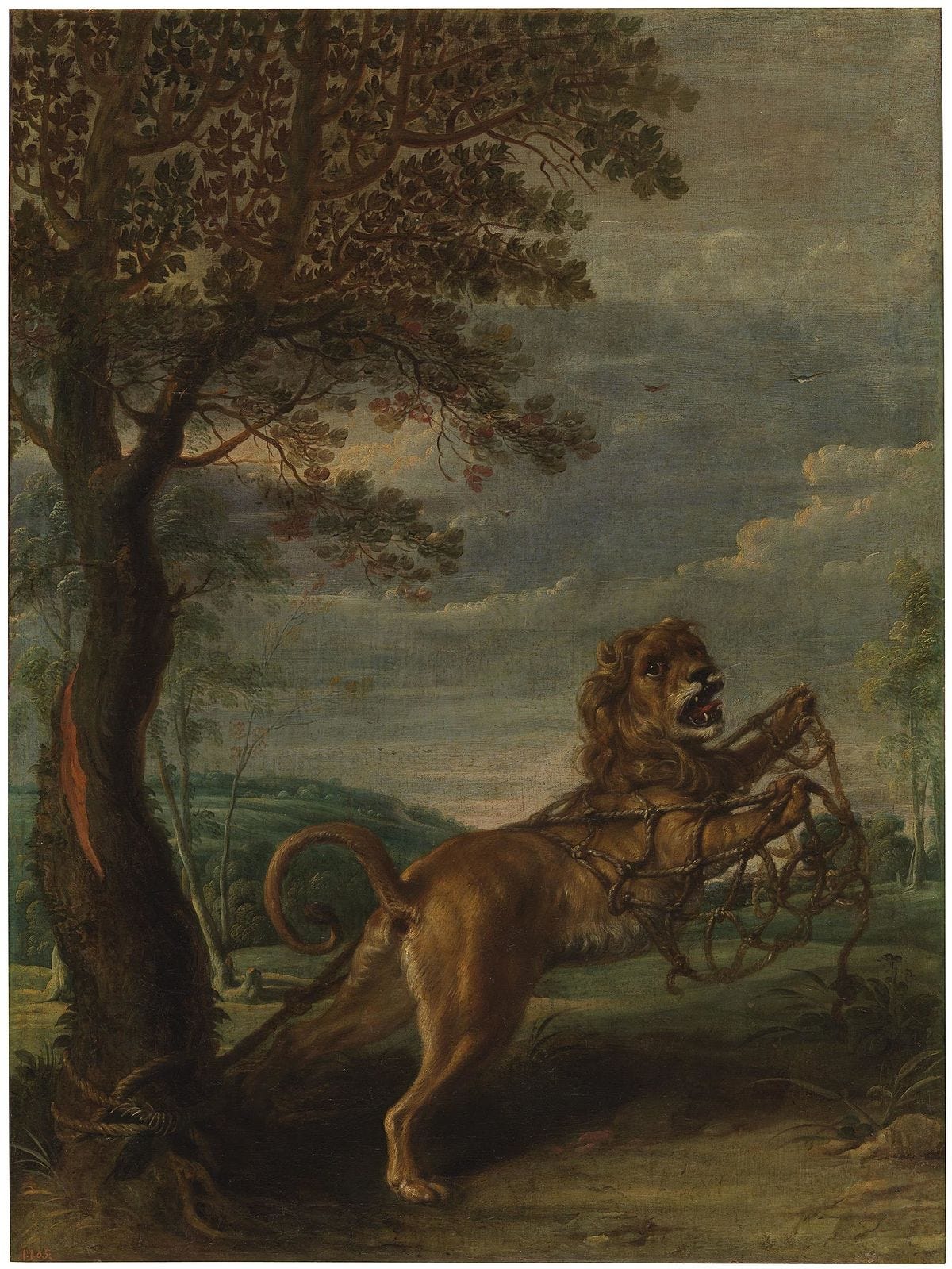
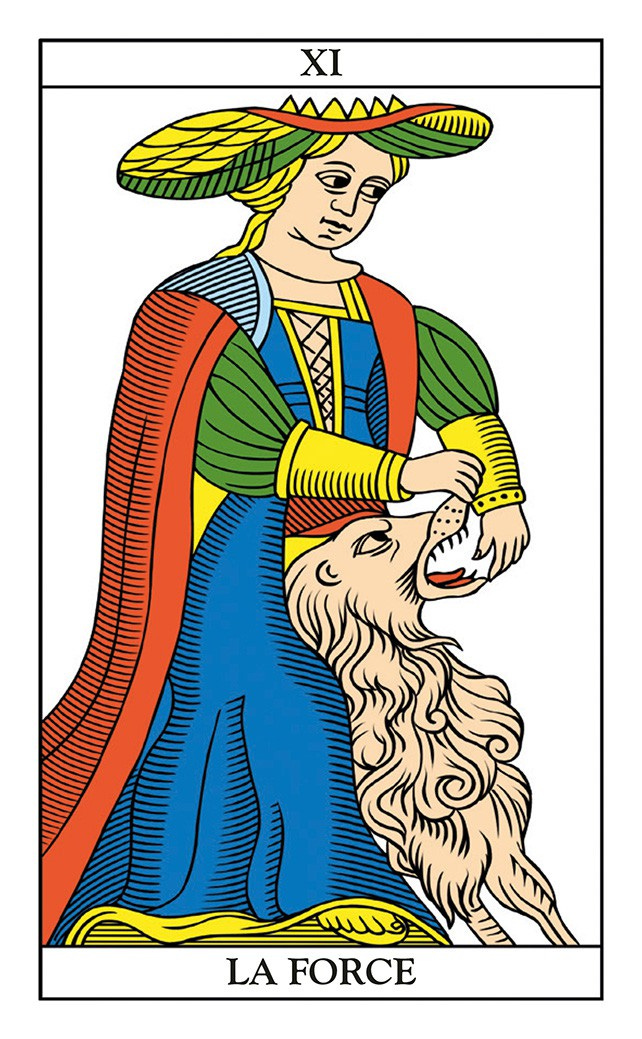
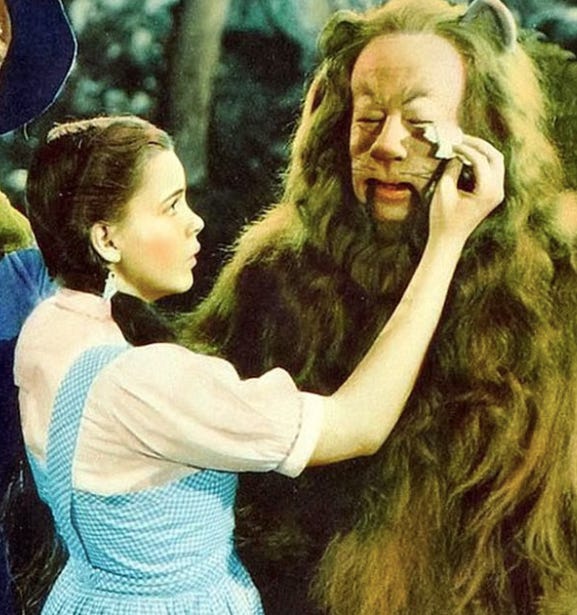

Omg I’m a Leo